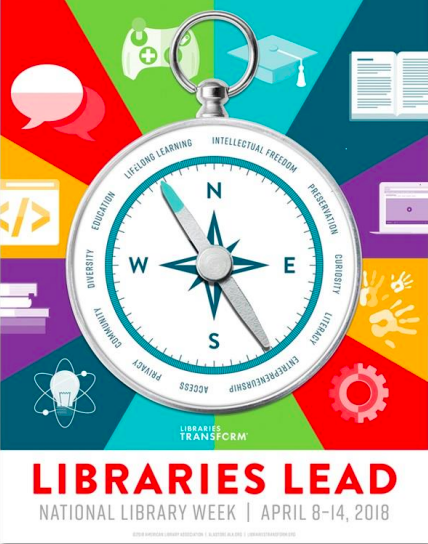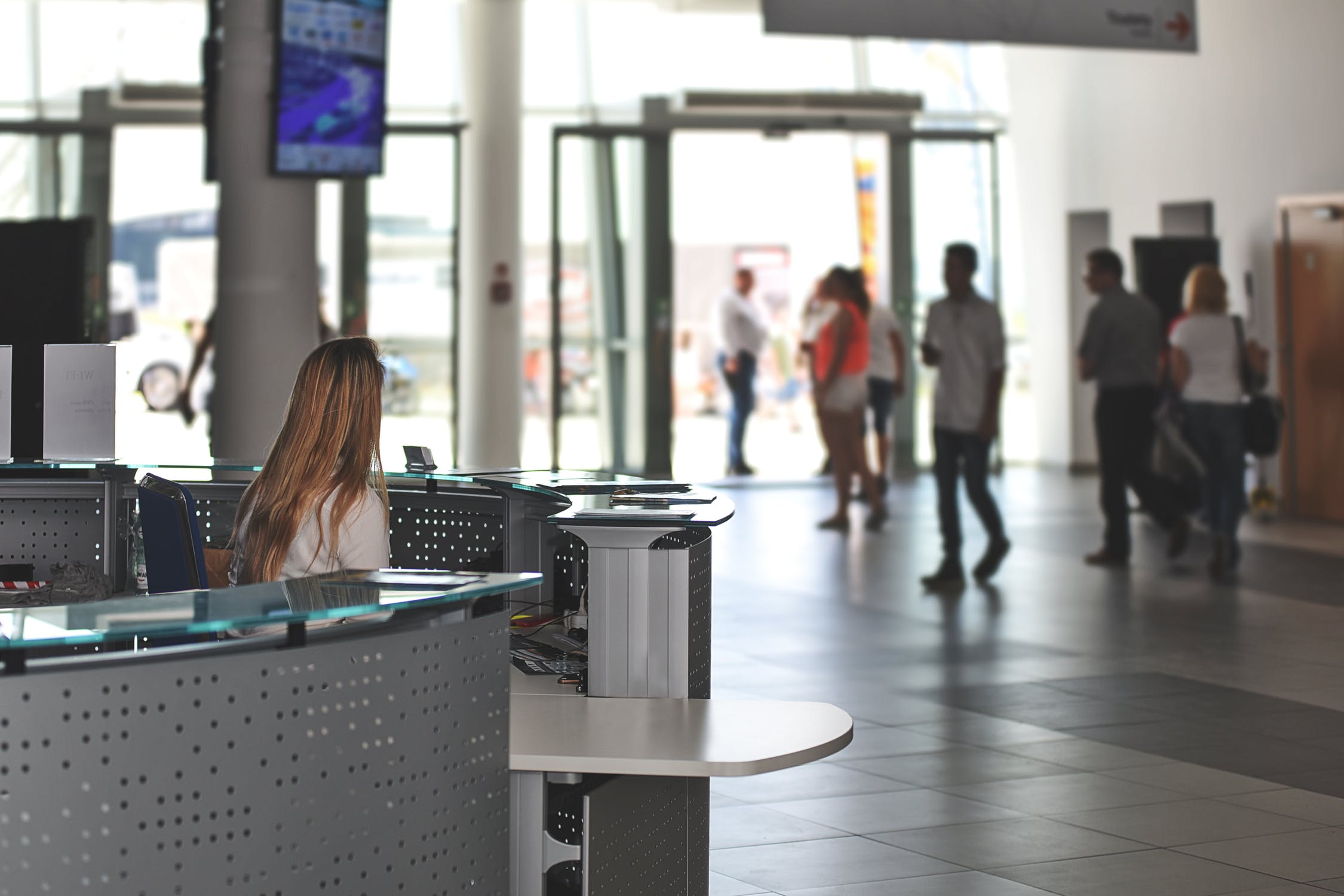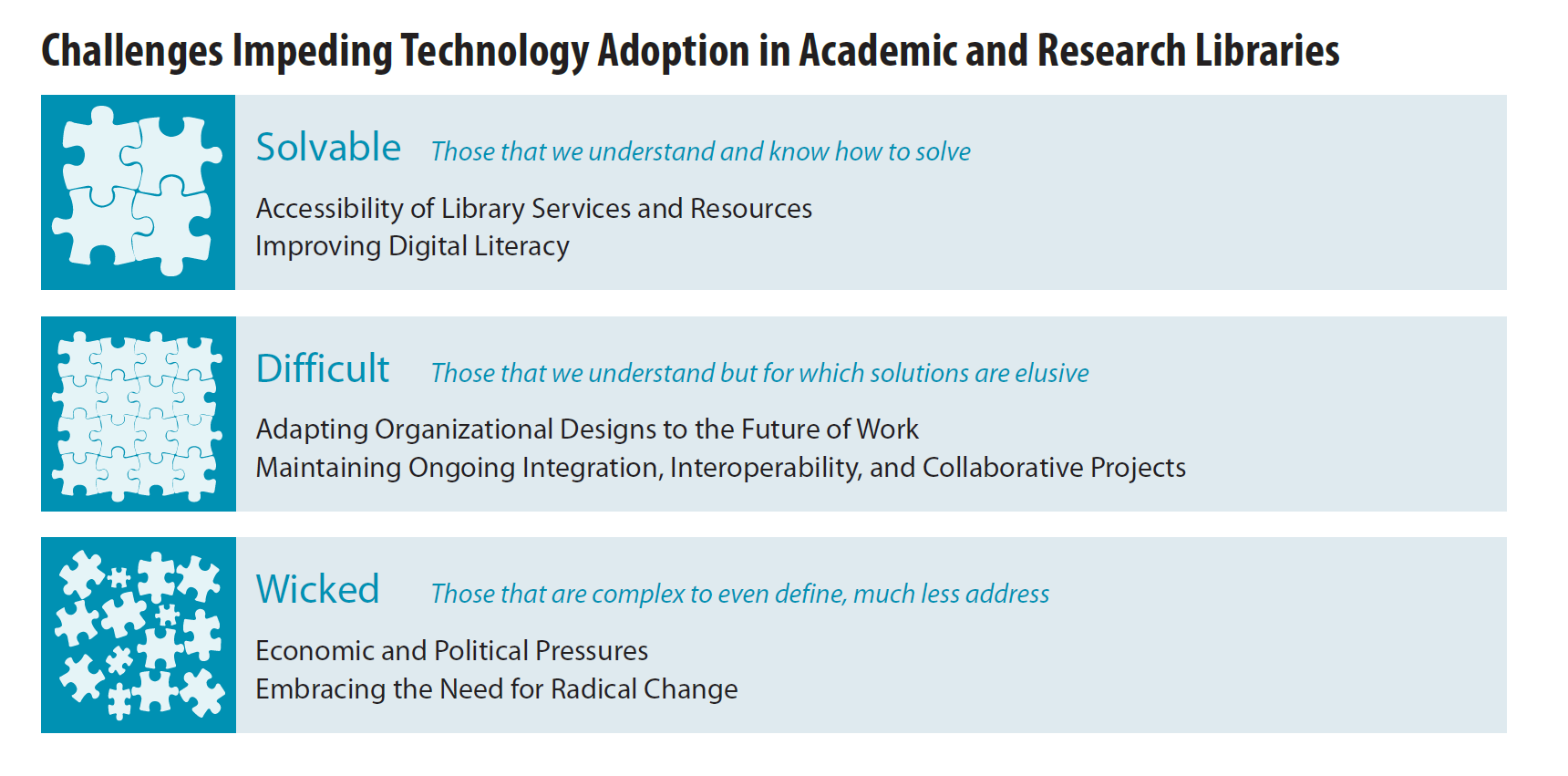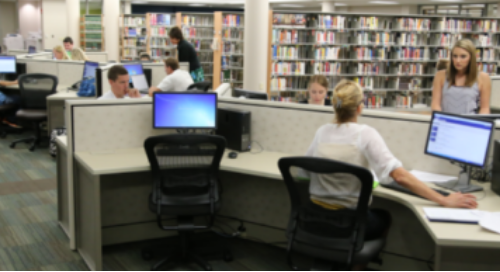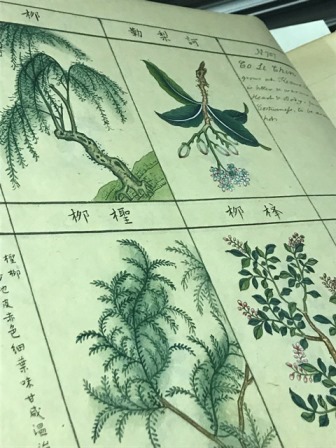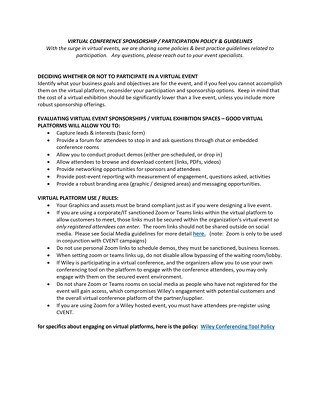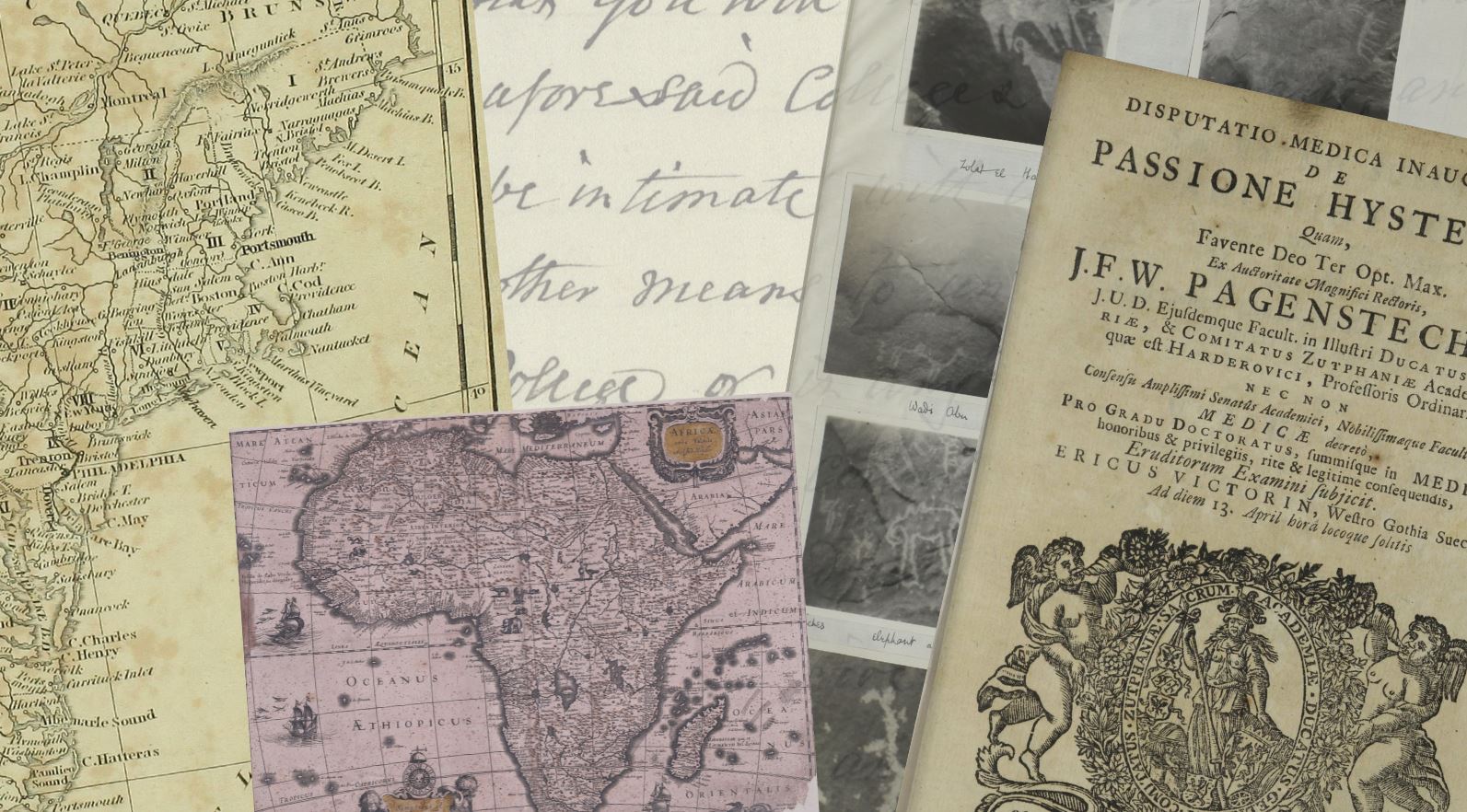Sample Blog Article
November 30, 2022
Learn more about how initiatives like OpenCitations, Crossref, and persistent identifiers (PIDs) contribute to these goals, encouraging active participation in the open science movement.

Using community-based open science infrastructures could drive important research forward. Here’s why.
Since the establishment of the Berlin Declaration 20 years ago, open access has made more research free to access by taking down the paywalls often seen in subscription journals. However, the APC (article processing charge) model adopted by many commercial publisher-owned open access journals is starting to put an increasing financial burden on individual researchers as well as funding agencies. So, what can we do to serve our science community? We believe that supporting and using community-based open science infrastructures could be one of the answers.
What are open science infrastructures or frameworks?
UNESCO defines open science infrastructures as “shared research infrastructures that are needed to support open science and serve the needs of different communities”. Open science infrastructures are often built by communities and not for profit, which ensures long-term sustainability. Examples of community-based open science infrastructures include unique persistent identifiers such as ORCID and DOI, preprint servers such as arXiv, and open data repositories such as Dryad. By using community-based infrastructures, publishers like us can increase transparency, equity, and fairness to better serve the interests of the academic community and the public.
How do we use open science infrastructures?
We believe that science works best when research is open. Over the years, we have worked with the broader science community and forged collaborations supporting and adopting community-based open science infrastructures.
Read on to see how we use open science infrastructures to provide more open and equitable publishing services to the research community.
Why we use OpenCitations in our journal reports
We have made continuous efforts to increase the transparency of our reports, including using open data from OpenCitations to provide you with a greater insight into the citations each journal receives. OpenCitations is “an infrastructure organization for open scholarship dedicated to the publication of open citation data”. By using open data from OpenCitations in our journal reports, we share this same citation data with the science community and the wider public, for bibliometric analysis and other purposes without any restriction, ensuring equitable access to and participation in science.
Another part of our open science framework: Sharing scholarly metadata via Crossref
Crossref is the world’s largest registry of Digital Object Identifiers (DOIs) and metadata for the scholarly research community. As a community-owned and not-for-profit open infrastructure organization, Crossref provides a sustainable source of scholarly metadata that can be easily attained by anyone.
As a member of Crossref, we share the metadata of all our publications so it can be made openly reusable in a standardized format, along with the metadata provided by thousands of other publishers and systems. This means trends in new scientific findings can easily be identified and understood, through bibliometric research such as citation analysis and text mining.
Joining the Journal Comparison Service also supports open science
We are proud to be one of the first publishers that has contributed to the Journal Comparison Service (JCS) – a secure, free-of-charge service that enables libraries, library consortia, and funders to compare journal publishing services and fees.
Being part of the JCS means we have made information such as the publication frequency, time in peer review process, times from submission to acceptance, and the range of list prices for APCs and subscriptions more openly available. We hope that by being more transparent about our services and prices, we can help build understanding and trust within the research community.
What are PIDs and why are they used in open research?
Persistent identifiers (PIDs) are unique references that help identify researchers, research, institutions and digital objects such as software and datasets. The ‘persistent’ in PIDs means that even if the object they identify is moved or changed the PID will continue to resolve to the same object.
The DOI (Digital Object Identifier), ORCID (Open Researcher and Contributor ID) and ROR (Research Organization Registry) are three main PIDs integrated into our systems. They are an important part of the open research ecosystem and help us to record and measure research output effectively. The DOI, ORCID and ROR are created and operated by collaborative initiatives working within a framework for open science infrastructure, which ensures the metadata behind the PIDs will be available to the science community even if the organizations that run the PIDs cease to exist. By adopting open PIDs, we are protecting the continuity and integrity of this scholarly metadata.
Join the open access conversations
We take an active role in the open science movement, and Open Access Week is a great time to celebrate this. Look out for the next International Open Access Week and connect with people and organizations that share our (and your) passion.
This blog post is distributed under the Creative Commons Attribution License (CC-BY). Illustration adapted from Adobe Stock by David Jury/Samuel Jennings.


